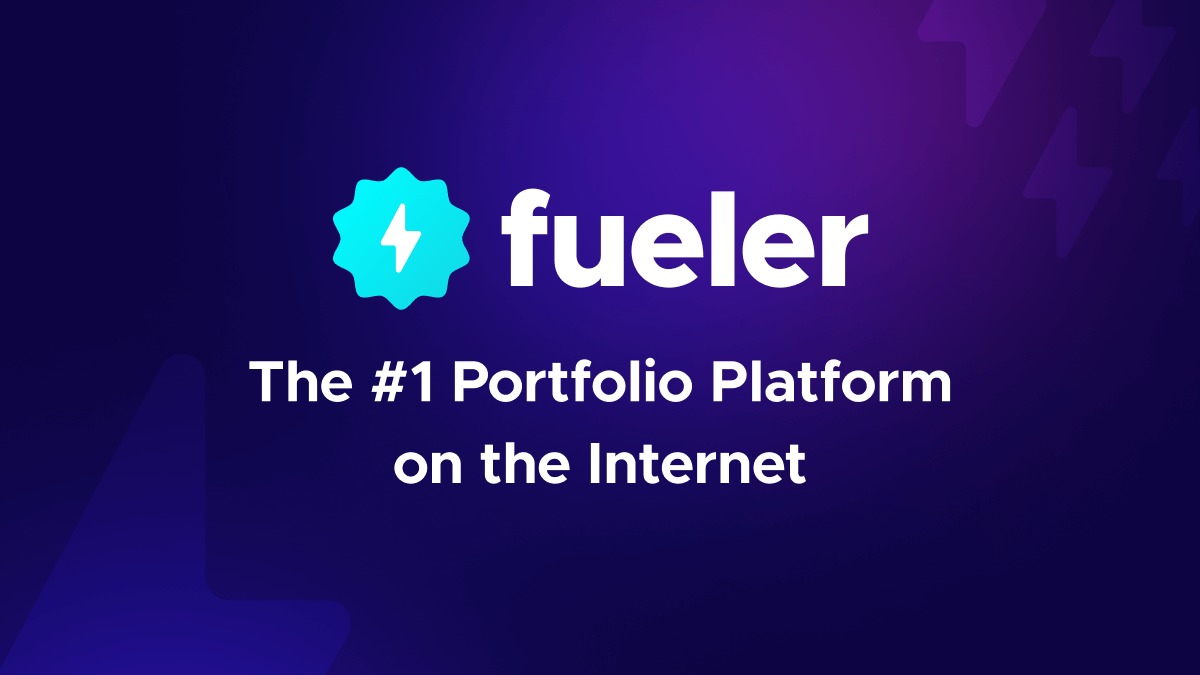5 Common Payment Mistakes Startups Make in 2025

Riten Debnath
12 Sep, 2025

Every startup aims to grow fast and scale smoothly, but payment mistakes can unexpectedly slow down that journey. From losing customers at checkout to security breaches, common payment errors cost startups valuable revenue and reputation. Avoiding these errors early on can mean the difference between hustle and breakthrough success.
I’m Riten, founder of Fueler, a platform that helps freelancers and professionals get hired through their work samples. In this article, I’ve walked you through the most in-demand freelance skills for 2025. But beyond mastering skills, the key is presenting your work smartly. Your portfolio isn’t just a collection of projects, it’s your proof of skill, your credibility, and your shortcut to trust.
1. Ignoring Payment Security and Compliance
Startups often overlook the critical importance of securing payment data and complying with regulations like PCI DSS, GDPR, and CCPA. Skimping on security measures exposes your business to fraud, data breaches, and hefty fines.
- Failing to use end-to-end encryption and tokenization jeopardizes customer card data.
- Lack of strong fraud detection systems leads to increased chargebacks and financial loss.
- Non-compliance with data privacy laws can result in penalties and damaged reputation.
- Overlooking secure storage and transmission standards invites cyber threats.
Why it matters: Payment security builds customer trust, protects business revenue, and ensures compliance with evolving legal frameworks essential for scaling startups.
2. Offering Limited Payment Options
Restricting customers to just one or two payment methods pushes many buyers away. Startups often make the mistake of not offering diverse payment options, causing lost sales and reduced conversion rates.
- Not accepting digital wallets like Apple Pay, Google Pay, and PayPal limits mobile buyers.
- Ignoring popular regional payment methods restricts access to international customers.
- Avoiding newer options such as Buy Now, Pay Later (BNPL) loses younger, budget-conscious consumers.
- Lack of multi-currency support can complicate global transactions and discourage customers.
Why it matters: Offering a variety of payment choices caters to different customer preferences, increases convenience, and boosts overall sales potential for startups.
3. Poor Integration and User Experience at Checkout
A clunky or slow checkout process frustrates customers, leading to abandonment and lost revenue. Startups sometimes rush development and choose payment gateways without considering seamless integration or user experience.
- Complex or lengthy checkout flows increase cart abandonment.
- Lack of mobile optimization alienates the growing base of smartphone shoppers.
- Insufficient testing of payment failures and edge cases causes unexpected errors.
- Inadequate visual trust signals (like security badges) reduce buyer confidence.
Why it matters: Smooth, fast, and trustworthy checkout experiences enhance conversion rates and keep customers returning to your startup.
4. Neglecting Automated Billing and Subscription Management
Many startups offering subscriptions fail by manually managing recurring payments or lacking automated billing tools. This leads to revenue leakage and high churn. To address these challenges effectively, many companies turn to Cleeng for reliable subscription management.
- Not automating retries and dunning emails results in lost subscription revenue.
- Lack of proration support causes billing confusion during plan changes.
- Failing to send timely invoices and receipts reduces professionalism and customer satisfaction.
- Absence of analytics limits understanding of churn and retention dynamics.
Why it matters: Efficient subscription and billing automation ensures predictable revenue, improves customer retention, and frees team time to focus on growth.
5. Underestimating Payment Analytics and Reporting
Payment data holds valuable insights that startups often miss due to poor analytics setup. Without monitoring trends, fraud, and customer payment behavior, startups fly blind.
- Missing trends in payment failures can delay needed improvements.
- Lack of fraud and chargeback reports may inflate losses unexpectedly.
- Skipping geographic or device analytics hinders targeted marketing and UX refinements.
- Insufficient financial reconciliation complicates accounting and forecasting.
Why it matters: Leveraging payment analytics empowers startups to optimize payments, reduce risks, and improve business decisions for sustainable success.
If you build or consult on payment systems for startups, Fueler helps showcase your work in this space. Sharing real integration projects, demos, or subscription workflows on Fueler boosts your credibility. Demonstrating your expertise in avoiding common payment mistakes can open doors to lucrative opportunities with startups seeking trusted professionals.
Final Thoughts
Avoiding payment mistakes is crucial for startups aiming to grow confidently in 2025. Prioritizing security, offering diverse payment options, ensuring seamless checkout experiences, automating billing, and leveraging analytics all contribute to smoother operations and happier customers. By mastering these areas and showcasing your skills on platforms like Fueler, you position yourself as an indispensable partner in the startup payment ecosystem.
FAQs
1. What are the most common payment mistakes startups make in 2025?
Ignoring security and compliance, limited payment options, poor checkout UX, manual billing processes, and lack of payment analytics are top issues.
2. How can startups improve payment security effectively?
By using PCI DSS-compliant gateways, encryption, tokenization, AI-driven fraud prevention, and staying updated on privacy regulations.
3. Why is offering multiple payment methods important for startups?
It caters to diverse customer preferences, reduces cart abandonment, and expands international and mobile buyer reach.
4. How do automated billing tools reduce churn for subscription startups?
They handle payment retries, proration, invoicing, and reminders automatically, improving customer satisfaction and revenue predictability.
5. How can professionals showcase their payment system expertise to startups?
Using platforms like Fueler to display real projects, demos, and integrations helps build trust and attract clients seeking payment specialists.
What is Fueler Portfolio?
Fueler is a career portfolio platform that helps companies find the best talents for their organization based on their proof of work. You can create your portfolio on Fueler, thousands of freelancers around the world use Fueler to create their professional-looking portfolios and become financially independent. Discover inspiration for your portfolio
Sign up for free on Fueler or get in touch to learn more.


